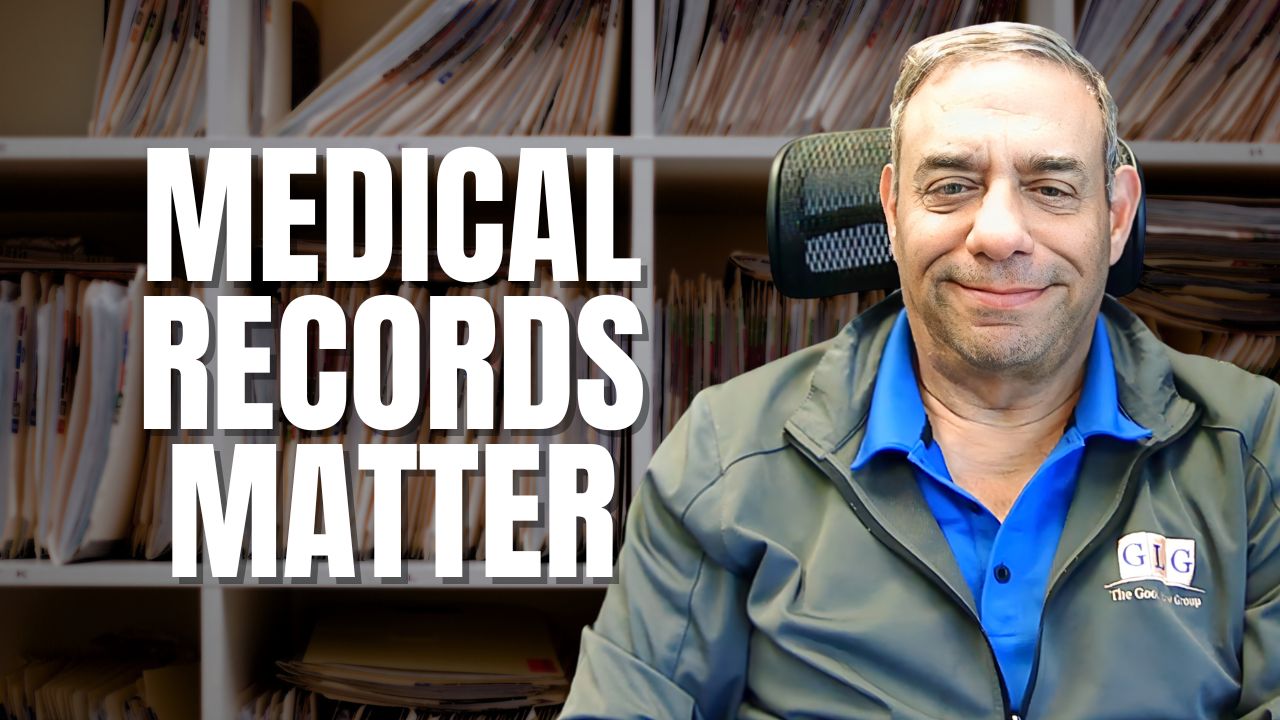Data from the U.S. Census Bureau show that there are roughly 3.8 million disabled veterans. The U.S. Department of Veterans Affairs (VA) provides disability benefits to these veterans through the VA disability program.
Roughly 1.1 million of veterans have a disability rating of 70% or greater, which greatly interferes with their ability to work. For these veterans, VA disability benefits may not be enough to make up for lost income. In these cases, they may be eligible for social security disability (SSD) benefits.
Though the VA disability program and SSDI have a similar purpose – to provide monthly benefits to individuals whose disability makes them unable to work – there are several important differences. Veterans already receiving VA benefits also enjoy some perks when applying for SSD benefits.
Eligibility for SSDI benefits
Eligibility for SSD benefits requires meeting the Social Security Administration’s definition of disability. This is accomplished in one of two ways.
- Meet an SSA Blue Book listing: The SSA Blue Book contains more than 100 disabling conditions that can qualify applicants for disability benefits. Each listing has specific criteria that must be met to be considered disabled, as well as the medical documentation required to support the disability diagnosis.
- Meet or exceed a Blue Book listing: If a medical condition is not listed in the Blue Book, it is still possible to qualify for SSD benefits. In these cases, your medical records and residual functional capacity (RFC) assessment, which details everything you can and cannot do as a result of the disability, must show that your condition is as severe as a listed condition. This most commonly occurs when an applicant has multiple health issues that don’t meet the listing criteria individually, but when taken together make the applicant unable to work.
SSD benefits are only paid if your disability has lasted, or is expected to last, for 12 months or longer, or will result in your death. It also must interfere with your ability to participate in substantial gainful activity (SGA), which the SSA defines as earning more than $1,260 per month (the amount changes annually).
Eligibility for VA disability benefits
The VA disability program is administered by the Department of Veterans Affairs. It is – unsurprisingly – open only to United States military veterans who became disabled during active service. Unlike SSD benefits, which are paid only for total and permanent disability, VA disability claims can be filed for any level of impairment. The amount of VA benefits paid is proportionate to the veteran’s disability level – the greater the disability rating, the greater the benefits payments.
Generally, a VA disability rating of 70% or greater coincides with the SSD requirement of permanent and total disability. However, the SSA is not required to accept a VA finding of disability, so receipt of VA disability benefits does not guarantee eligibility for SSD benefits.
Applying for SSD and VA disability benefits
Some veterans receiving VA disability benefits may require additional financial assistance while they are unable to work and choose to apply for SSD. Not only is it possible to receive both VA benefits and SSD benefits, but there are several perks recipients of VA disability benefits enjoy during the SSD application process.
- Accelerated review. Depending on the type and severity of the disability, it can take anywhere from several months to more than a year for the SSA to make a decision regarding SSD benefits applications. Veterans who became disabled while on active duty after October 1, 2001 and received 100% P&T (permanent and total) disability rating, the SSD application process is much faster. In some cases, decisions are made within a matter of weeks, which means you’ll receive benefits sooner rather than later.
- Ability to receive outside income. SSD beneficiaries must not earn more than $1,260 in income per month to remain eligible for SSD benefits. Some disabled veterans receive military pay for non-work activity. However, this pay is not counted against the SSD income limits, so it won’t affect your eligibility.
- Records availability. Applying for SSD requires that you submit all medical records to support your disability. Because VA doctors are responsible for determining whether a veteran is disabled, records from your providers likely contain much of the information the SSA requires to evaluate your claim. Although the SSA will not consider the fact that the VA considers you disabled, they will review all of those medical records, in addition to any others you supply, when evaluating your claim.
- Dual healthcare. Military veterans participate in Tricare, the VA health insurance program. SSD recipients are automatically enrolled in Medicare (though coverage doesn’t begin until two years after an applicant is eligible to receive benefits), which provides greater benefits than Tricare. Individuals who receive both SSD and VA disability benefits are therefore double covered, with Medicare the primary and Tricare the secondary insurance coverage.
- Increased chance of approval. An award of VA disability benefits doesn’t guarantee approval of an SSD application – remember, the VA disability program pays benefits for any level of disability, while SSD benefits are paid only to individuals whose disability is total and permanent. However, veterans with a VA disability rating of 70% or greater usually have a better chance of being approved for SSD benefits.
- Automatic approval. There is one class of disabled veterans who automatically qualify for SSD benefits, and that is veterans who have received a 100% VA disability rating. The SSA automatically identifies SSD applicants who are already receiving VA disability benefits, so there generally isn’t a need for applicants to self-identify. If the SSA requires documentation to support the rating they will request it. To avoid the potential for delay, however, it’s still a good idea to submit a copy of your disability rating letter with your SSD application if you have one.
Obtaining disability benefits can be difficult, but an experienced SSD attorney can help you determine the best way to go about applying. Consider the Good Law Group for your representation – call (847) 577-4476.









